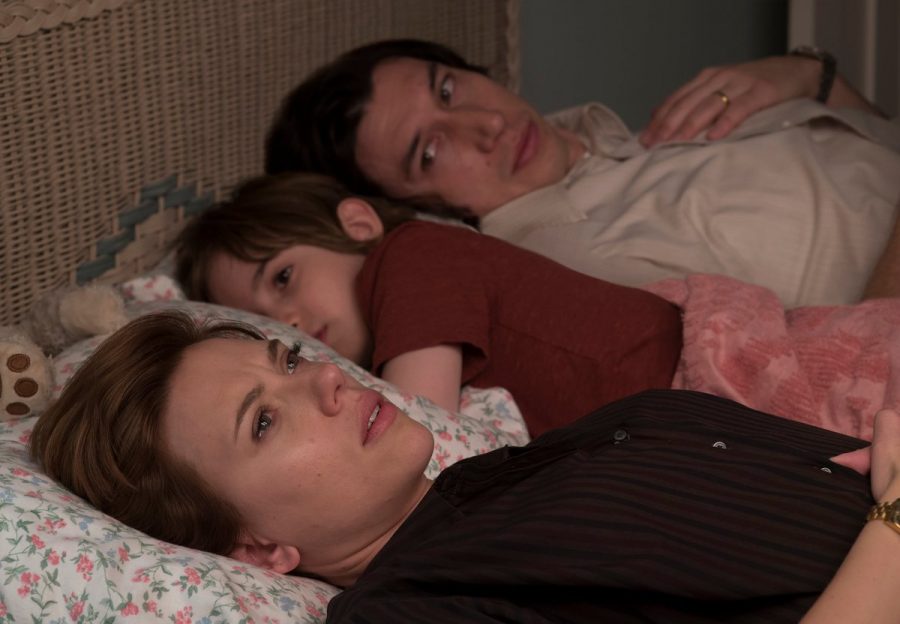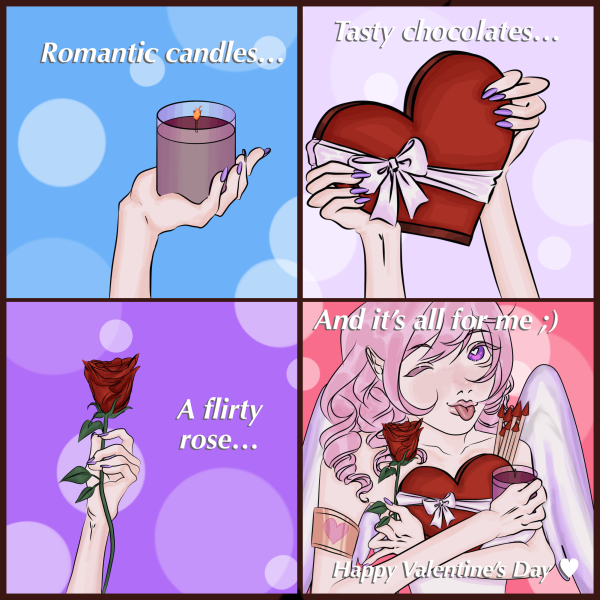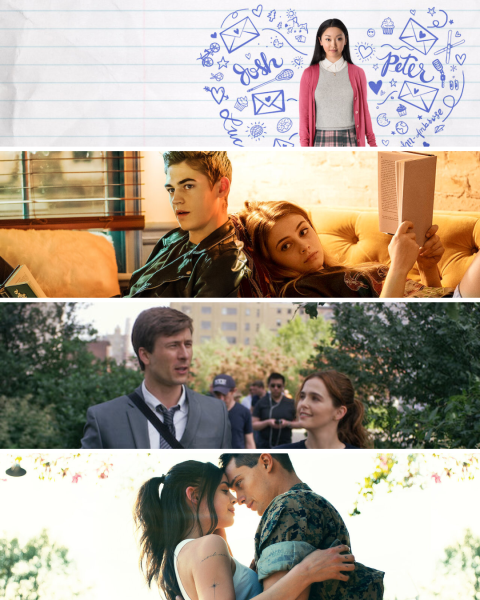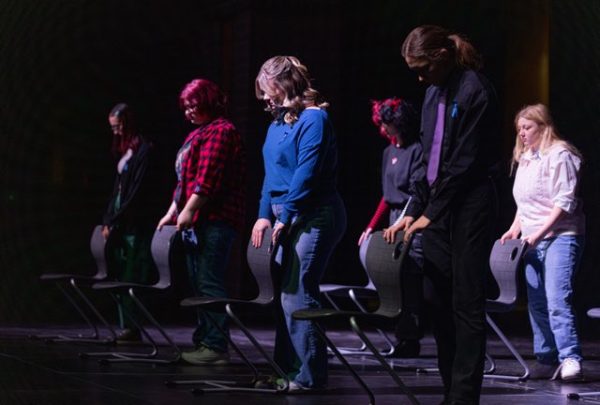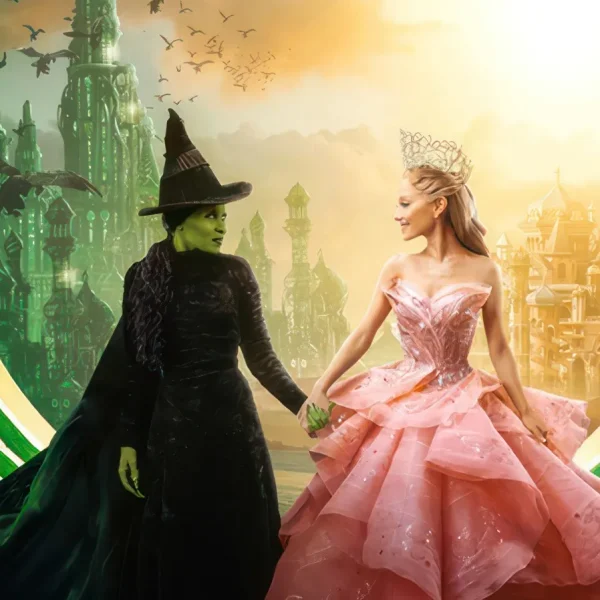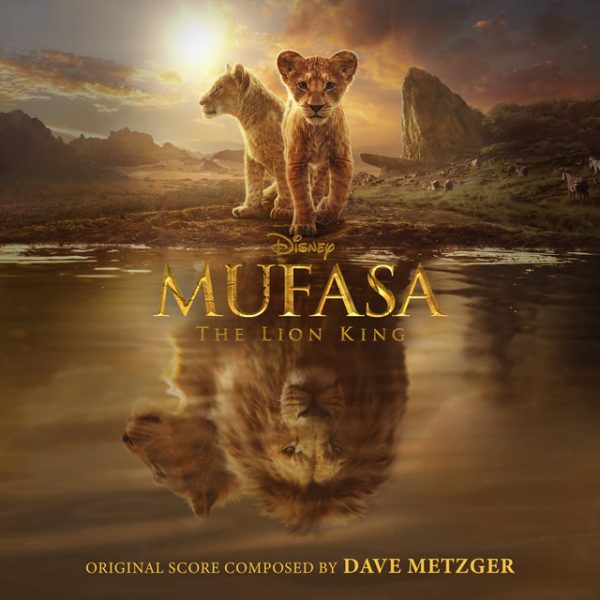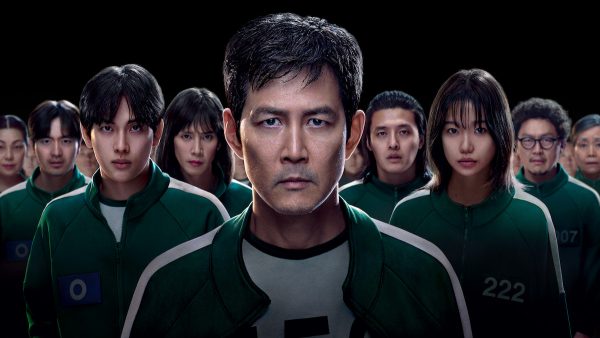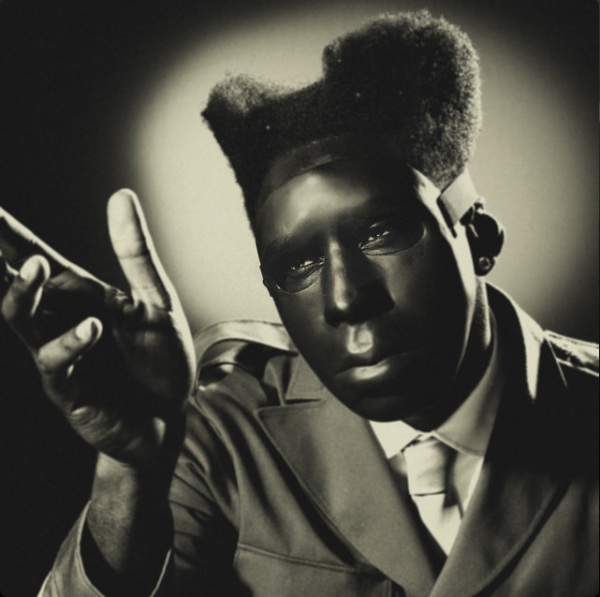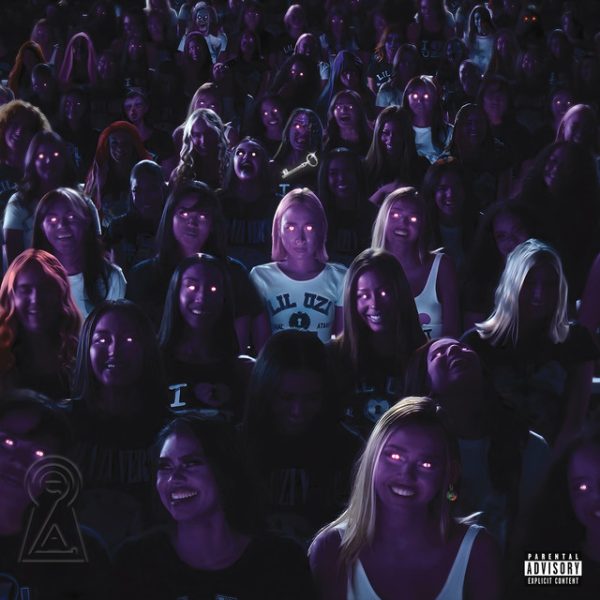‘Marriage Story’ review
The topic of divorce is a difficult one to approach, but at times it is done so masterfully that it can’t go unnoticed. Noah Baumbach’s “Marriage Story” does just that. It is the story of the painful divorce of Charlie and Nicole Barber, a stage director and actress couple played by Adam Driver and Scarlett Johansson respectively. Simultaneously heartbreaking and heartwarming, it portrays the harsh realities of what “family” means in the face of a broken marriage and dives into just how far love will go during the darkest points in relationships.
The movie opens with beautiful monologues spoken by both Charlie and Nicole over what they love most about the other person, but the tension and hurt between the two is almost immediately noticeable, and Baumbach uses that to his advantage. Over the course of the movie, their arguments go from passive-aggressive jabs executed through their lawyers to wild accusations in court to full-blown screaming matches in Charlie’s apartment. Both have unresolved issues, personally and with each other, and Baumbach subtly hints at them, making it difficult for the audience to pick a side. He emphasizes the cruelty of divorce and the toll that it takes on relationships and mental health. The audience is immersed in the conflict and are forced to be confronted with ugly reality along with the characters on screen.
The strongest aspect of this movie is its emotional range and depth. Baumbach focuses on the pain that both feel during the divorce, showing Charlie’s desperation and Nicole’s sad determination and their mutual loneliness, connecting the two characters by focusing on them separately. The audience is able to watch as the fights get more intense, the words start to cut deeper and more and more people are sucked in, eventually feeling like they too are a part of this dispute.
The fight scenes are the driving force behind the movie, with the most pivotal being a confrontation between Charlie and Nicole in which they bare all their hurt feelings and finally come to the root of the break-up. It is one of those fight scenes when horrible things are said, and the audience feels like they are seeing something they shouldn’t, as if they are intruding in a private dispute that no one should ever have to experience and ought to be looking away. This is a prime example of the stellar acting of Driver and Johansson and the masterful directing of Baumbach that makes this movie so Oscar-worthy.
One of my only problems with the movie was that I feel it didn’t really portray both sides equally. The first half of the film focuses largely on Nicole and her side of the divorce, from the serving of the divorce papers to their first official meeting together with their lawyers. From that point, it seems Baumbach made the decision to focus more heavily on Charlie and his experience, really amping up the solo shots in order to highlight the heaviness and desperation Charlie feels as the divorce nears its end, with Nicole being included in scenes in order to build up Charlie’s character.
At the end of the movie, when Charlie is reading Nicole’s letter about him to their son Henry, one can’t help but empathize with Charlie over Nicole despite the fact that it is made known that he played no small part in the divorce. I would have personally preferred more balance, but it could also be argued that this is a more realistic portrayal of divorce, as humans have a tendency to choose sides in disputes. Perhaps it is an attempt by Baumbach to curry favor for the father, Charlie, as often in cases of custody the mother is given preference. Perhaps Baumbach thought Driver was the better choice to deliver the brunt of the emotionally-heavy acting. Regardless, it can get a little frustrating.
“Marriage Story” is a movie that strives to portray the reality of divorce, and it does so amazingly. It isn’t a completely sad movie: It’s real. Its soundtrack is light and Disney-esque (the movie’s music is composed by Randy Newman, who also worked on the “Toy Story” movies), and the characters frequently crack jokes and say or do silly things meant to evoke a laugh. The audience feels everything that the characters do, good and bad, in large part thanks to the strong acting presence of not only Driver and Johansson, but also Laura Dern, Alan Alda and Ray Liotta.
This movie is a must-see, but only if tissues are present. If one wants to see strong acting paired with great cinematography and writing, and are OK with cringing only a few times and shedding some tears, “Marriage Story” is the right film. The heart is full by the end of the film, both with sadness and warm feelings. It’s the best kind of bittersweet.

Hi, I’m Rachel! I’m a senior and the Managing Editor of Print for The Journal this year. Some of the things I’m involved in include SHS’s jazz...


